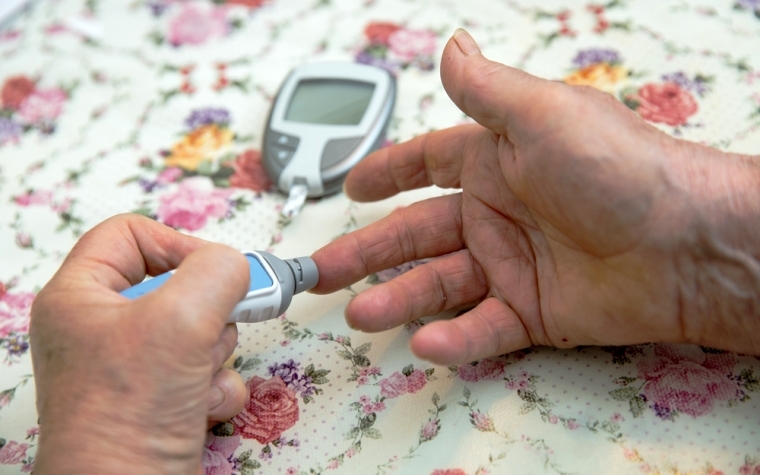
Because diabetes affects individuals on multiple levels — not just physically — the American Diabetes Association has implemented a practice of addressing psychosocial factors of the disorder, recently authoring a soon-to-be-published position paper in a yearly publication.
The association’s annual Standards of Medical Care in Diabetes already offers professionals thorough guidelines for conducting patient assessments, taking into consideration factors such as age, type of illness and family support.
Now, an article, entitled "Psychosocial Care for People with Diabetes: A Position Statement of the American Diabetes Association," is available online and will be printed in the organization’s December 2016 issue of its Diabetes Care journal.
Association officials pointed out that managing diabetes on a day-to-day basis can add to an individual’s stress level, increasing the risk of distress, depression, anxiety and eating disorders. Even among educated patients, the ongoing management can be challenging.
To that end, the association’s first position paper urges providers to perform evaluations of patients’ emotional health and background on initial visits in order to gain a comprehensive understanding of each individual — and, when advisable, to offer mental health care referrals.
Clinical health psychologist Alicia McAuliffe-Fogarty, who serves as vice president of the American Diabetes Association’s lifestyle management team, observed that diabetes is unique by virtue of patients having to perform regular self-care procedures; additionally, medical personnel are not always trained to recognize the psychosocial factors.
"Every person's needs are different, so individualized, patient-focused care that includes a mental health component should be a part of a comprehensive diabetes care plan for every person with diabetes," McAuliffe-Fogarty said.
In its article, the association also recognizes the disparity of diabetes care accessibility for patients on the lower end of the socioeconomic scale, as well as a relative dearth of mental health experts familiar with the particular issues of diabetic patients.
The American Diabetes Association is currently preparing a joint project with the American Psychological Association (APA). It anticipates launching programs in 2017.


